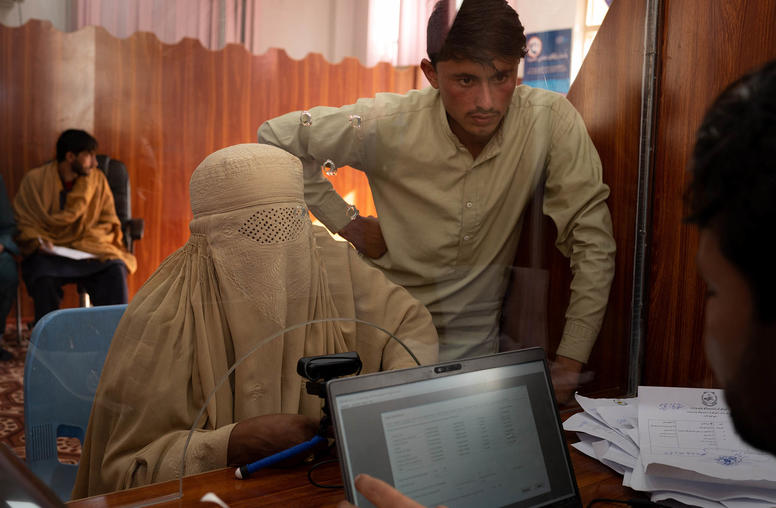Afghanistan: The Next Generation
A new generation is emerging in Afghanistan that is more educated, more connected with the world, and more hopeful about the future than previous generations. The U.S. Institute of Peace hosted a public event on the opportunities and challenges youth face today, and their perspectives on the country’s future.

In a country where an estimated 70 percent of the population is under 25 years old, youth are often excluded from decision-making processes at the community, provincial, and national levels. The withdrawal of foreign troops and the increasing disengagement of the international community present both a source of concern and opportunity. Afghanistan’s budding democracy and the creation of institutions have opened a political space that is being filled by this generation. Will today’s crucial decisions concerning Afghanistan’s future be made by the older generation that contributed to its unstable past or by the next and more optimistic generation?
The United States Institute of Peace, in coordination with the Open Society Foundation, hosted a public event on Friday June 28 with some of Afghanistan’s young leaders on the opportunities and challenges youth face in Afghanistan today, and their perspectives on their country’s future.
This event featured the following speakers:
Shaharzad Akbar, Discussant
Chair, Afghanistan 1400
Haseeb Humayoon, Discussant
Founding Partner and Director, QARA Consulting, Inc.
Council Member, Afghanistan 1400
Maiwand Rahyab, Discussant
Deputy Director for Afghanistan, Counterpart International
Hossai Wardak, Discussant
Afghanistan Senior Expert, U.S. Institute of Peace
Rachel Reid, Moderator
Director of the Regional Policy Initiative for Afghanistan & Pakistan, Open Society Foundation
Andrew Wilder, Welcoming Remarks
Director for Afghanistan & Pakistan Programs, U.S. Institute of Peace



